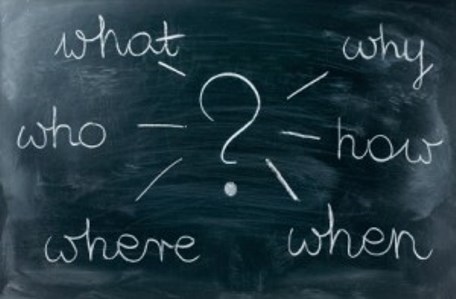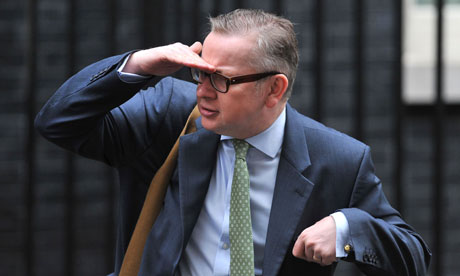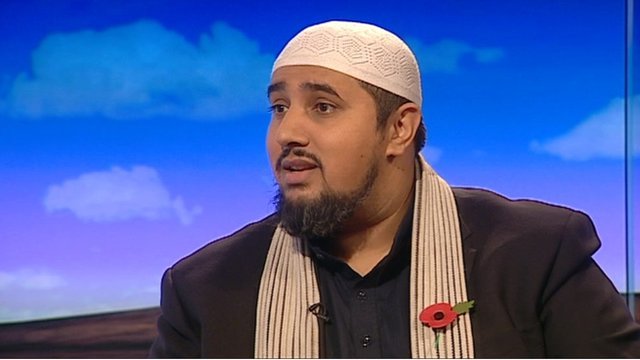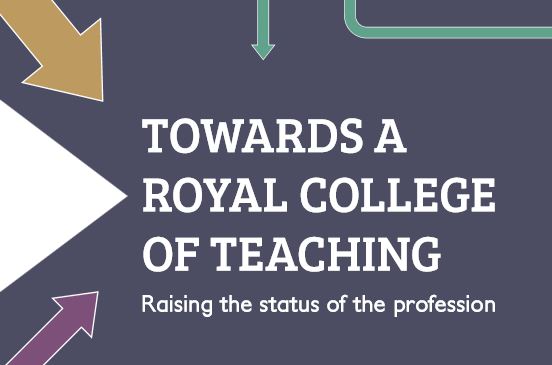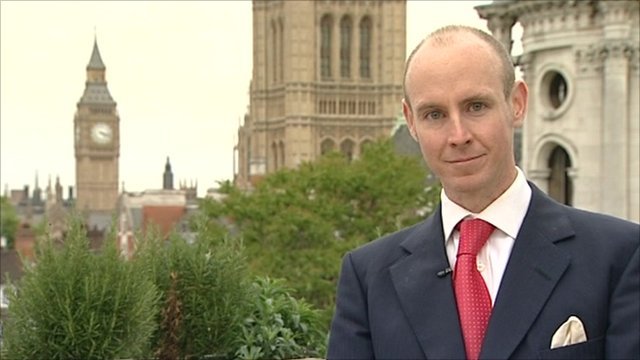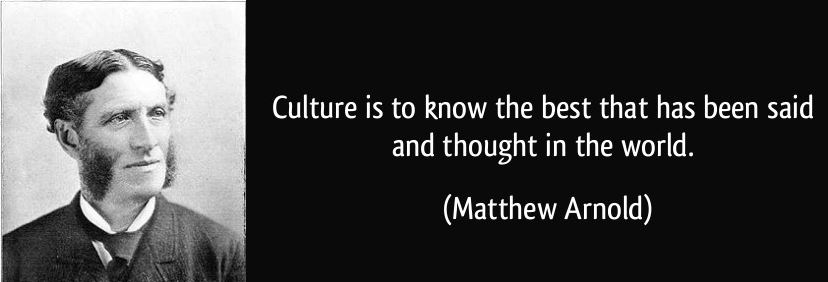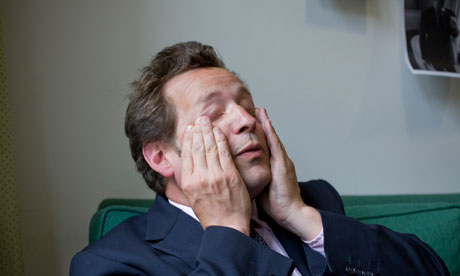Published by Kirby Laing Institute for Christian Ethics
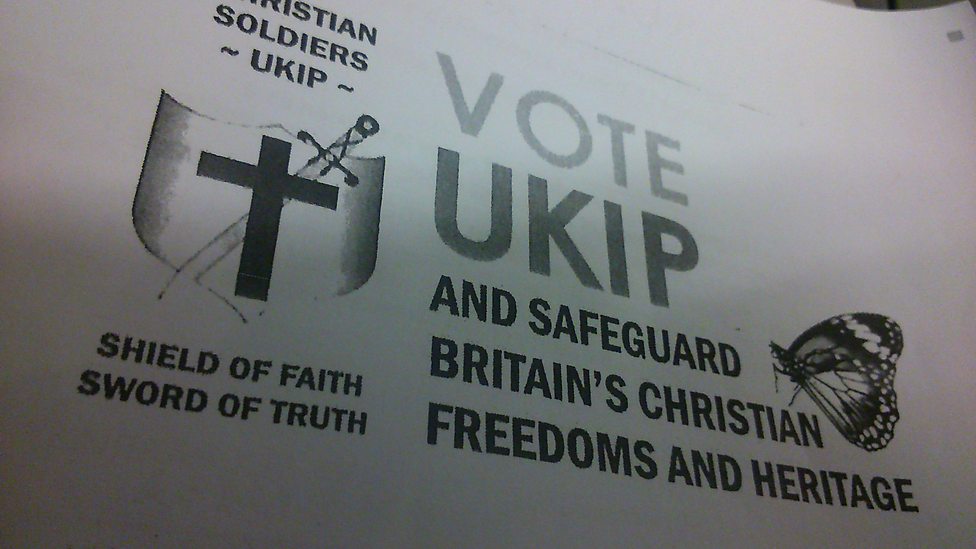 The United Kingdom Independence Party (Ukip) has made some significant electoral advances since the 2010 General Election, when they secured 3.1% of the popular vote. Not only did the party go on to win the 2014 Elections to the European Parliament with 24 MEPs elected on 26.6% of the vote, but they currently have 430 councillors across 76 local councils, and recently secured their first elected MPs to Westminster following Conservative defections and victory in two volitional by-elections. At the time of writing they are regularly scoring between 12-15% in opinion polls. Christians are deeply divided about the party’s perceived ‘undercurrents’ of racism, nationalism and isolationism which, some aver, put them beyond the pale of religious respectability. But despite episcopal denunciations(1), the party is attracting Christians from across the denominations, including the Church of England and the Roman Catholic Church(2). Continue reading
The United Kingdom Independence Party (Ukip) has made some significant electoral advances since the 2010 General Election, when they secured 3.1% of the popular vote. Not only did the party go on to win the 2014 Elections to the European Parliament with 24 MEPs elected on 26.6% of the vote, but they currently have 430 councillors across 76 local councils, and recently secured their first elected MPs to Westminster following Conservative defections and victory in two volitional by-elections. At the time of writing they are regularly scoring between 12-15% in opinion polls. Christians are deeply divided about the party’s perceived ‘undercurrents’ of racism, nationalism and isolationism which, some aver, put them beyond the pale of religious respectability. But despite episcopal denunciations(1), the party is attracting Christians from across the denominations, including the Church of England and the Roman Catholic Church(2). Continue reading

